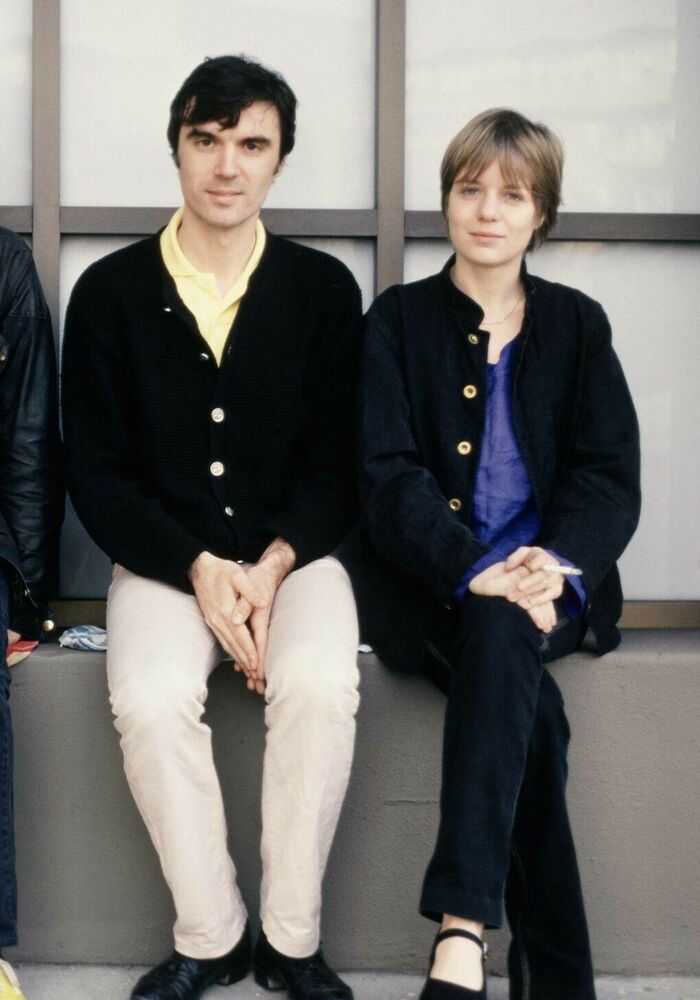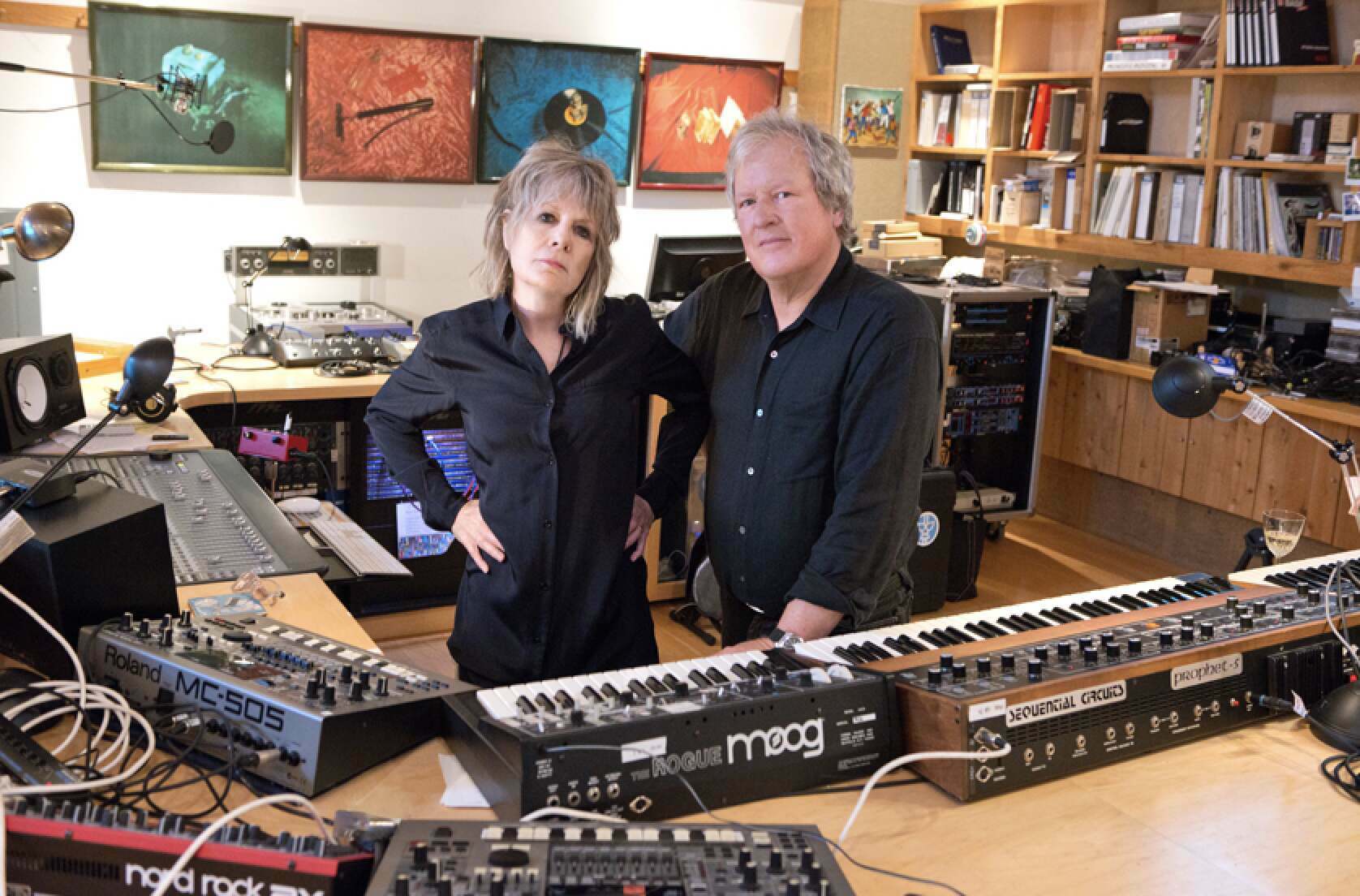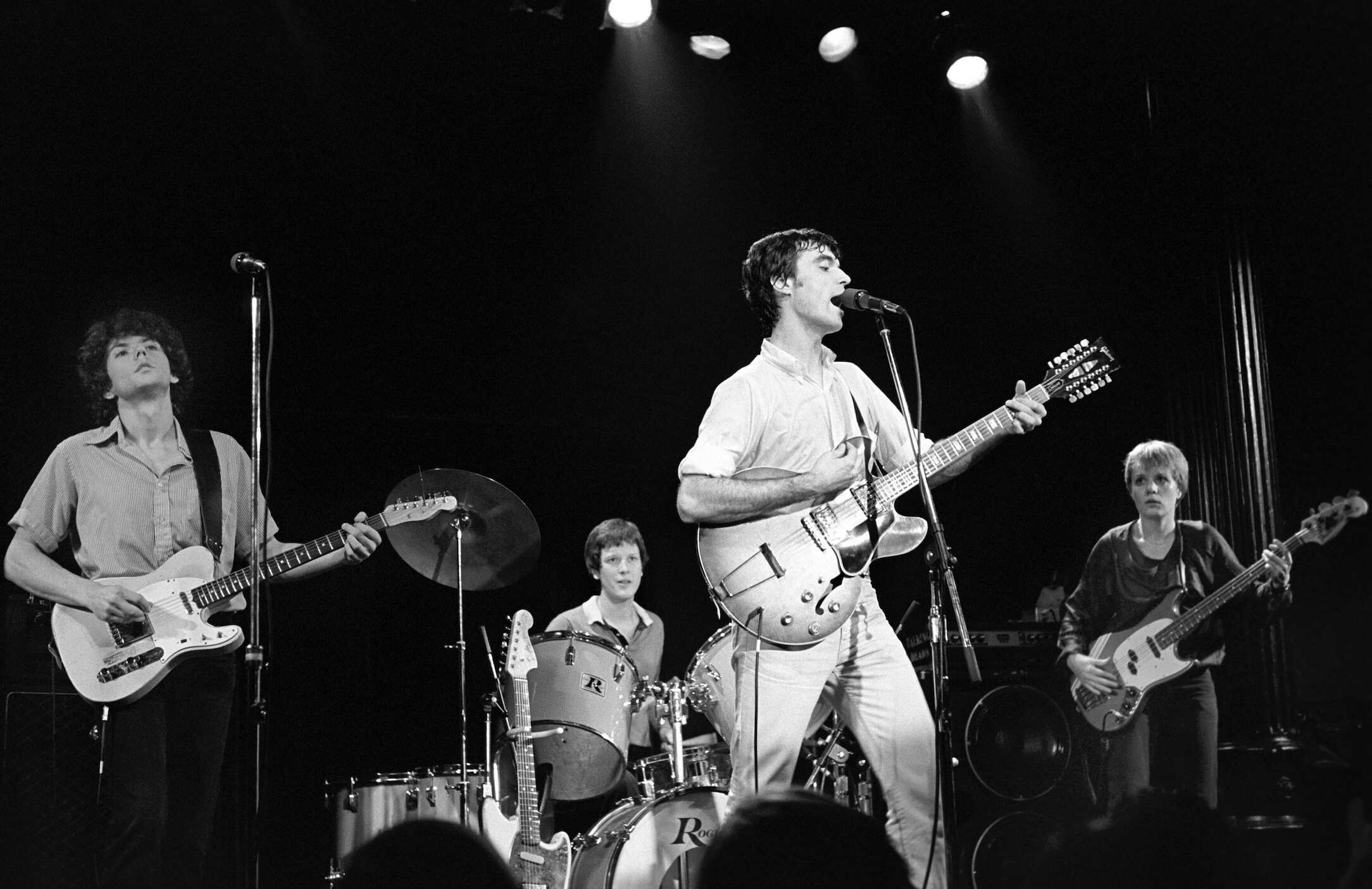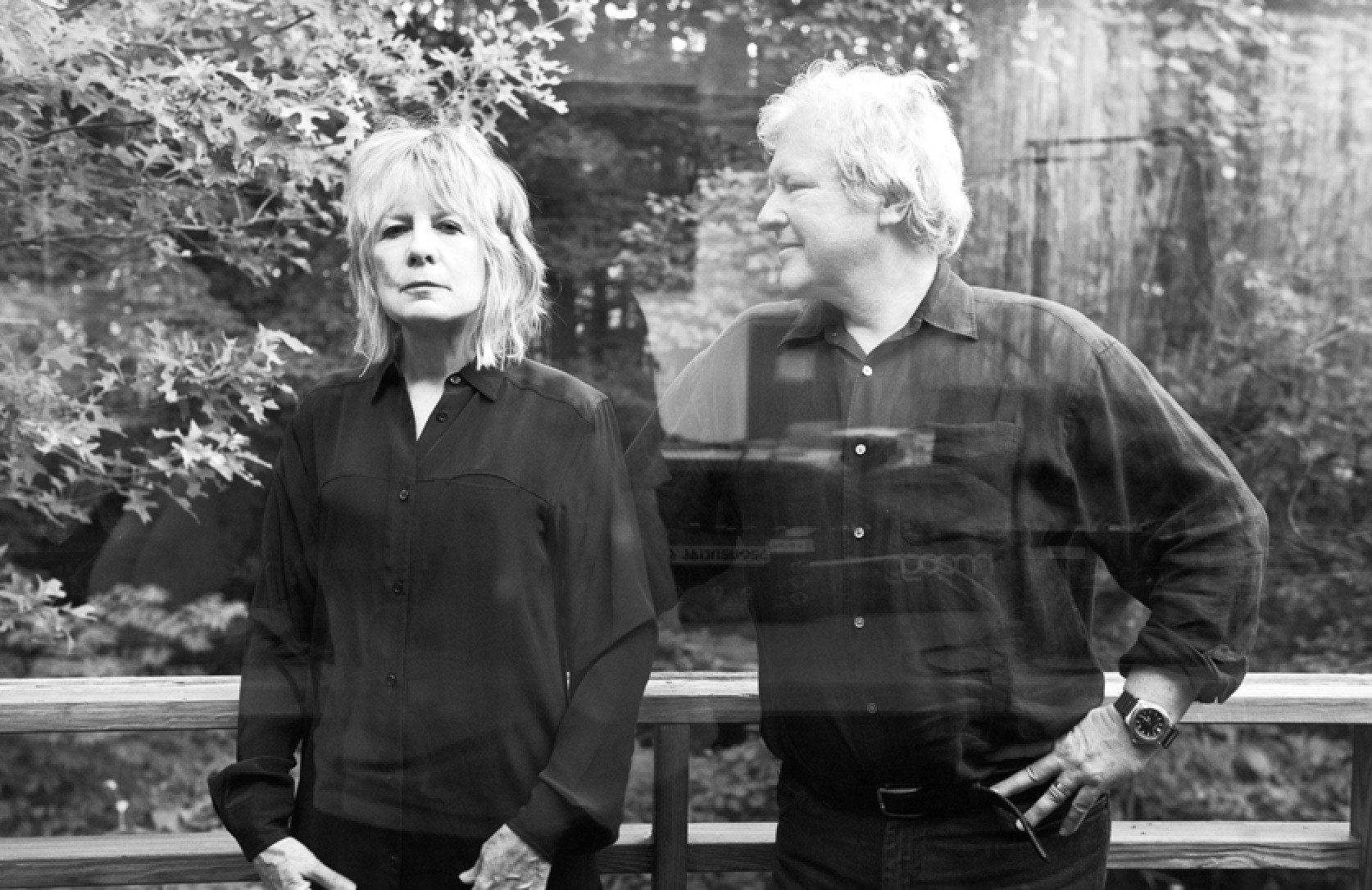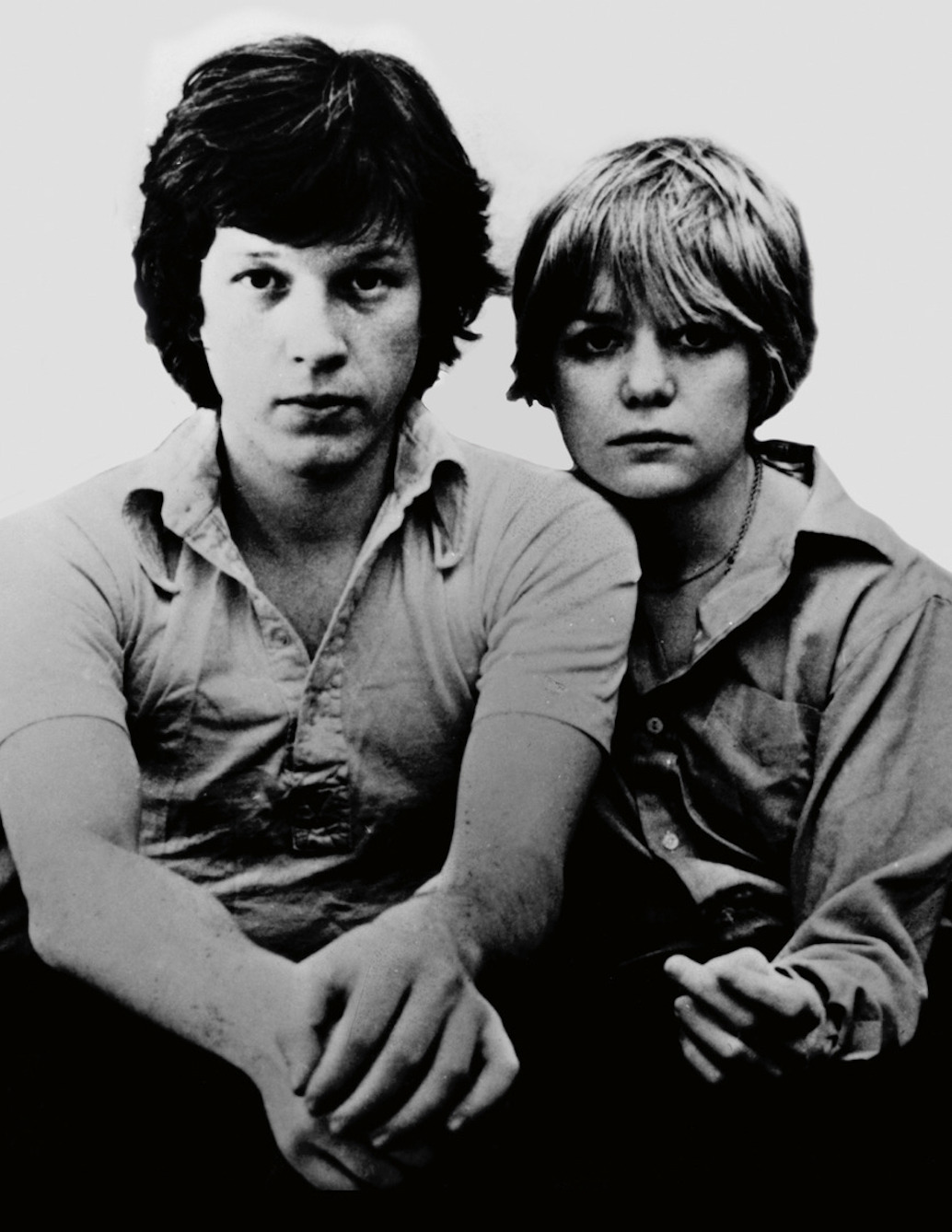Talking Heads and Tom Tom Club co-founder and bassist Tina Weymouth talks to Headliner about her and husband Chris Frantz’s upcoming Remain In Love tour, her incredible life in music, and how she became one of the most iconic and influential musicians of the 20th century…
She may be best known as a founder member of one of the most inspirational bands of the 20th century in Talking Heads, but Tina Weymouth is one of those unique talents whose influence extends far beyond a singular guise. A trailblazing bassist who emerged at a point when rock was an almost exclusively all-male affair, she not only paved the way for a new generation of women in bands, but also went on to co-found another hugely significant act in the form of Tom Tom Club with her husband Chris Frantz. The couple also produced records down the years for the likes of Happy Mondays and Ziggy Marley. And, as we quickly discover, she’s an incredibly captivating storyteller.
What was initially scheduled to be a 20 minute chat about her and Frantz’s upcoming Remain In Love tour – a run of ‘in conversation’ sessions taking place across the UK in May following the launch of his memoir of the same name in 2020 – turns into a two-hour sojourn through early-‘70s New York, a remarkable lifetime in music, and how it has felt to have the love of her life by her side through each and every twist and turn.
“I’ve had the gift of living with the happiest man in the world… what a gift that is,” she beams with a genuine warmth and affection that rarely dims during our Zoom call, as she joins us from her Connecticut home. Through her formative years as a musician, to more recent projects and all in between, she speaks candidly and at length, always engaging and engaged, never seemingly going through the motions, as can sometimes (understandably) be the case with some when covering well-trodden ground from decades gone by.
Of course, this is something that she and Frantz will no doubt be doing at each of the Remain In Love tour dates. So why take an ‘in conversation’ tour on the road now? And why this side of the pond?
“We just wanted to come back and see our friends in the UK,” she laughs. “Like everyone, we have felt the isolation of the pandemic and just want to reconnect. And Chris’s book came out in the midst of lockdown, so he never got to do a book tour, and this is really fun as I get to come along as a sidekick!”
Frantz’s Remain In Love is a joyful reflection on a hugely successful career, made all the more unique by his and Weymouth’s 45-year marriage and musical partnership. For two people to stay so happily married for so long while working in music is a rarity. To do so while in the same band/s is unheard of.
“We became friends in art school and I knew his dream was to form a band, which he did with a band called The Artistics, with David Byrne,” says Weymouth, taking us back to their first encounter. “I had a very old little car, a Plymouth Valiant, and would drive the band everywhere. That was my first role, a supporting role. Then one day, the band had just started doing shows, and David came to our painting studio and said he’d written a song called Psycho Killer. He had a title and part of the chorus, but he needed more words. So, we sat down and we wrote this song, and it was a lot of fun. That was our first song, in January ’74.
